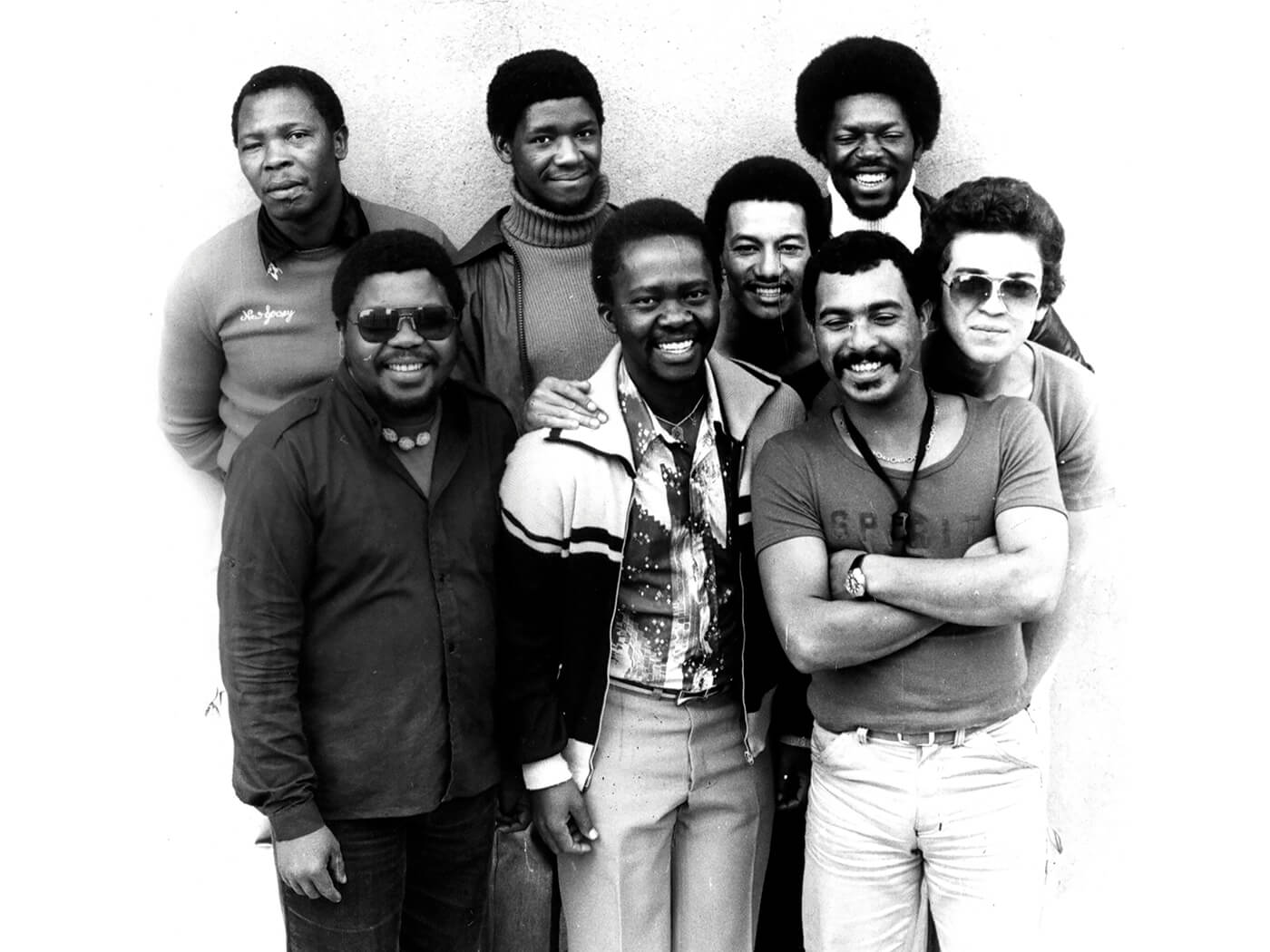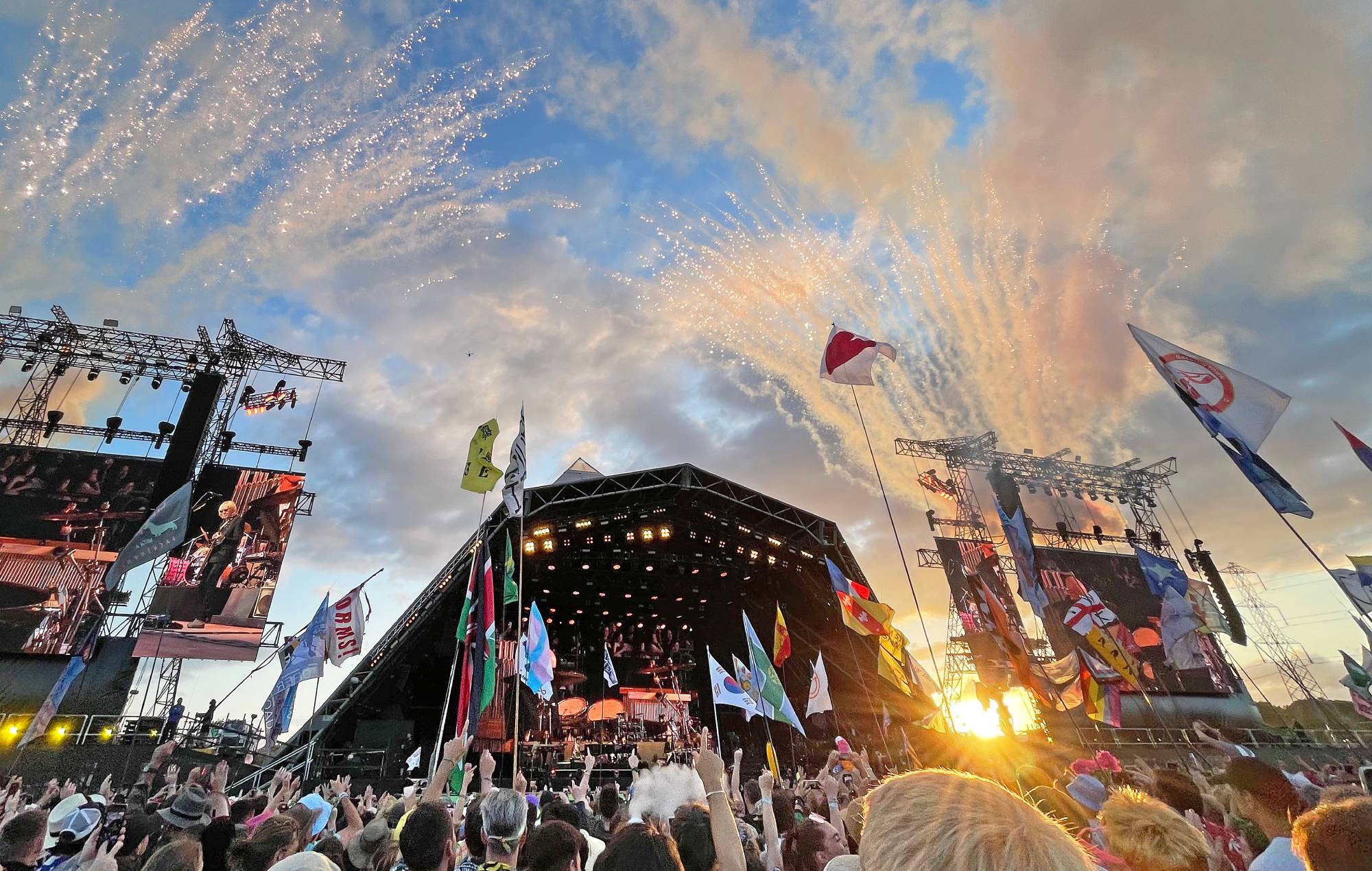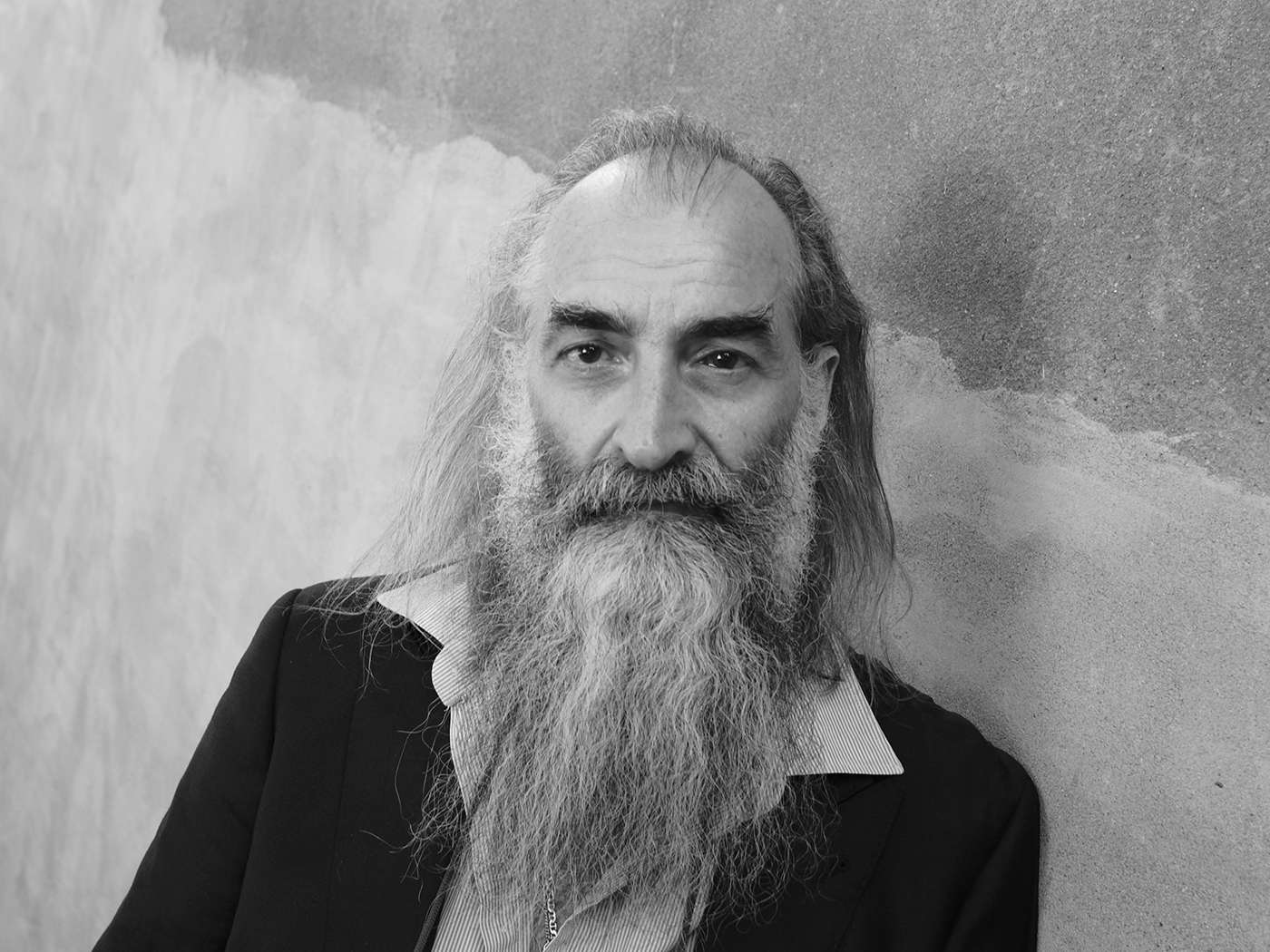
Jazz has always had a strong resonance for millions of South Africans. It might have been music that was created 8,000 miles away but the underlying themes – an artform born out of struggle, a stylistic fusion created in the face of segregation, an attempt to create joy in the face of racism and oppression – had a strong pull for a nation living under apartheid. By the early 1960s, Cape Town, Johannesburg and their surrounding townships had become established centres of a new form of fusion that blended US jazz with indigenous kwela, mbaqanga and marabi music.
- ORDER NOW: The August 2021 issue of Uncut
But in a land where musicians of different races were restricted from working with each other and where black people were prevented from gathering in groups, many of the country’s biggest names had trouble making a living and ended up fleeing the country, with many not allowed back in until the end of apartheid. Some, such as Hugh Masekela, Miriam Makeba, Abdullah Ibrahim and Hotep Galeta, found fame and fortune in the United States; others, such as Chris MacGregor, Dudu Pukwana, Harry Miller, Louis Moholo, Julian Bahula and Mongezi Feza, became cult figures in London. Some settled in different parts of Europe, such as Switzerland (drummer Makaya Ntshoko) and Sweden (bassist Johnny Dyani); still more (such as the trombonist and composer Jonas Gwangwa) set up base across the border in Botswana. All led the fight against apartheid in exile.
The challenge for musicians who remained in South Africa, however, was greater. Not only did they have to fight the system from within and lead a quiet musical resistance without attracting the wrath of the authorities, but their music had to serve as a balm for those suffering under apartheid. Some, like the alto saxophonist Kippie Moeketsi and the pianist Gideon Nxumalo, were broken by this struggle and – hounded by authorities for supporting the fight against apartheid – ended up dying tragically young; others had to jump through hoops in order to make a living. Few South Africans were allowed to tour abroad and their records were hard to obtain in Europe and the US. But many musicians, such as Philip Tabane’s group Malombo – endeavoured to absorb the advances in jazz, funk and fusion as they heard them played on the radio.
A lesser-known name to emerge from Johannesburg in the mid-’70s is that of Spirits Rejoice. Most committed jazz aficionados won’t be aware of their work but many of the band’s alumni became very famous in their own right. The two occupants of the band’s piano seat – Bheki Mseleku and Mervyn Africa – later moved to the UK as part of the second wave of SA exiles who arrived in the 1980s, alongside the likes of Brian Abrahams and Claude Deppa. Robbie Jansen, a saxophonist in the band’s last incarnation, ended up forming Juluka with Johnny Clegg. Their drummer Gilbert Matthews had already played in the US with the likes of Ray Charles and Sarah Vaughan – in the 1980s he moved to Sweden, where he played with dozens of avant-garde Scandi-jazz bands. Their bassist Sipho Gumede formed the Zulu jazz outfit Sakhile and led the house band at the mammoth 1990 Wembley Stadium concert celebrating the 70th birthday of Nelson Mandela. One of Spirits Rejoice’s vocalists, Felicia Marion, formed the R&B vocal trio Joy, whose 1980 single Paradise Road topped the South African chart for months and became a massive anti-apartheid anthem. And, in the early days of the controversial Sun City resort in 1979 and 1980, all of Spirits Rejoice were often called on to accompany visiting US and British musicians such as Clarence Carter, Leo Sayer and Dobie Gray.
But the two albums that these musicians recorded under the Spirits Rejoice banner – their 1977 debut and its self-titled 1978 follow-up – are quite unlike anything that any of these band members did before or since. It’s effectively the sound of musicians who had grown up with the township jazz of Abdullah Ibrahim and Hugh Masekela now embracing the fiddly jazz-rock of Weather Report and Miles Davis and the herky-jerky funk of Sly Stone and James Brown. Usually, the appeal when listening to such faithful tributes is identifying the points where they “get it wrong”, where the clunky errors inadvertently create something entirely original. But here the musicianship is too refined for that. Some of the uptempo funk tracks, such as Joy and Sugar Pie, are reminiscent of Britfunk bands like Hi-Tension or Beggar and Co, and Russell Herman’s jagged FX-laden rhythm guitar playing often has an almost punky quality. But where the horn lines on Britfunk tracks (and even a lot of US R&B) are often martial and aggressive, here the brass arrangements are silky smooth, tightly harmonised and filled with space for elegant improvisation. Bassist Sipho Gumede plays with a remarkable agility, dancing around the length of his fretboard, harmonising wildly, playing fiddly countermelodies.
The more self-consciously jazz-rock tracks such as Mulberry Funk are filled with the complex, chromatic, slightly aggressive riffs that recall Chick Corea’s Return To Forever or Soft Machine. The episodic, stop-start narrative of Savage Dance And African Spaces sounds like a dialogue between South African township jive and Anglo-American fusion, like the Mahavishnu Orchestra engaged in a soundclash with a mournful ballad. Electric Chicken is a wonderfully angular piece of jazz-funk that’s reminiscent of Herbie Hancock’s Head Hunters album. It’s such an effective and compelling piece of jazz fusion that the album’s essential “African-ness” only starts to become apparent after repeated listening. Where some Afro-jazz fusion sees bebop and funk riffs played over African-inspired rhythms, here it’s the melodies and the improvisations that borrow from myriad African sources.
Race in South Africa was never just a strictly black/white thing; Spirits Rejoice featured a mix of musicians from across the country and from several ethnolinguistic groups. The core of the band – pianist Mervyn Africa, guitarist Russell Herman and drummer Gilbert Matthews – were mixed-race English speakers from Cape Town and were thus classified, under apartheid’s strict racial laws, as Cape Coloureds. Sipho Gumede was a Zulu from a predominantly Indian area of Durban; others were Xhoso speakers from the Cape, Sotho speakers from the Orange Free State and isiZulu speakers from Durban and the Natal. Meanwhile, folk melodies from all parts of the country were incorporated into Spirits Rejoice’s music. Mervyn Africa recalls how shocked he and other bandmembers were when they tried to incorporate certain traditional melodies into compositions, only to be told these were sacred phrases that could not be replicated outside of religious rituals.
African Spaces is as good a piece of funky fusion as anything that was coming out of North America in the mid-1970s. But it’s more than that. It is a document of a nation’s musicians creating a new path for themselves in the absence of their most famous names. It is the sound of a nation desperately wanting to make contact with the outside world. It is a symbol of music’s ability to both assert regional characteristics and also create a universal language.







